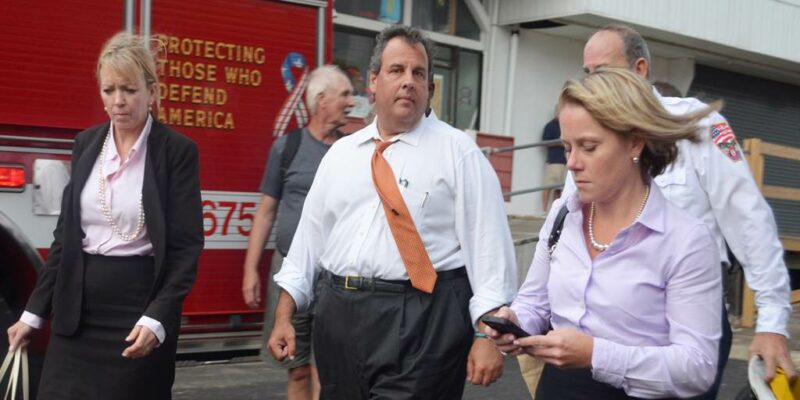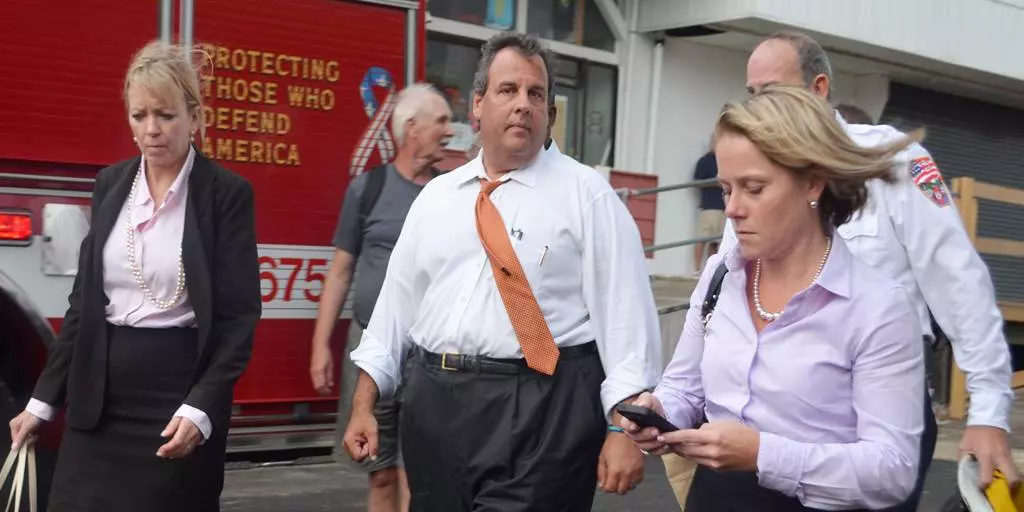
FORT LEE, NJ – It was the scene of one of New Jersey’s most high-profile political corruption scandals. In 2013, members of New Jersey Governor Chris Christie’s closest circle conspired to create an epic traffic nightmare on the George Washington Bridge.
In 2014, that plot became national news that unfolded in newspapers and cable news stations across the globe.
It has been over ten years now since the scandal first became mainstream news and a lot of time has passed. The key conspirators have all moved one. Some were convicted of crimes. Others were convicted and have since appealed and overturned their criminal sentences through the appeals process,.
One thing is certain. The Christie gang, which consisted of Bill Baroni, David Wildstein, and Bridget Anne Kelly all either admitted their role in the political payback scheme or were subsequently found guilty for their involvement.
Christie himself came out clean. This week, we are going to run a daily series about the key players in the Christie Bridgegate scandal, what they were convicted of, and where they are now.
But first, we will recap what happened.
The Fort Lee lane closure scandal, commonly known as Bridgegate, was a political scandal in New Jersey involving staff members and political appointees of then-Governor Chris Christie. The scandal emerged from the intentional creation of traffic jams in Fort Lee, New Jersey, by closing lanes at the main toll plaza for the George Washington Bridge’s upper level.
On September 9, 2013, two out of three toll lanes for a local street entrance were closed during the morning rush hour without notifying local officials, emergency services, or the public. Fort Lee officials declared this a threat to public safety. The gridlock ended on September 13, when the lanes were reopened by Port Authority Executive Director Patrick Foye, who criticized the closures as a potentially life-endangering decision that violated laws.
Investigations suggested that the closures were politically motivated, possibly as retribution against Fort Lee Mayor Mark Sokolich for not supporting Christie in the 2013 gubernatorial election. The focus was on Christie’s appointees, including David Wildstein, who ordered the closures, and Bill Baroni, who claimed they were part of a traffic study.
A federal investigation led by U.S. Attorney Paul J. Fishman resulted in a nine-count indictment against Bridget Anne Kelly, Baroni, and Wildstein. Wildstein pleaded guilty and testified against Baroni and Kelly, who were found guilty in November 2016. David Samson also pleaded guilty to conspiracy, although his charges were unrelated to the lane closures.
The scandal significantly impacted Christie’s political career, particularly his 2016 presidential bid, which faltered early. Christie acknowledged the scandal’s role in his being overlooked as Donald Trump’s vice-presidential nominee. During the trial, both the prosecution and defense suggested Christie was aware of the plan to shut down the lanes as it happened.
The defendants appealed their convictions, leading to the Supreme Court case Kelly v. United States in 2020. The Supreme Court unanimously overturned the convictions in May 2020, ruling that the defendants did not violate fraud statutes as they had not obtained “money or property.”

